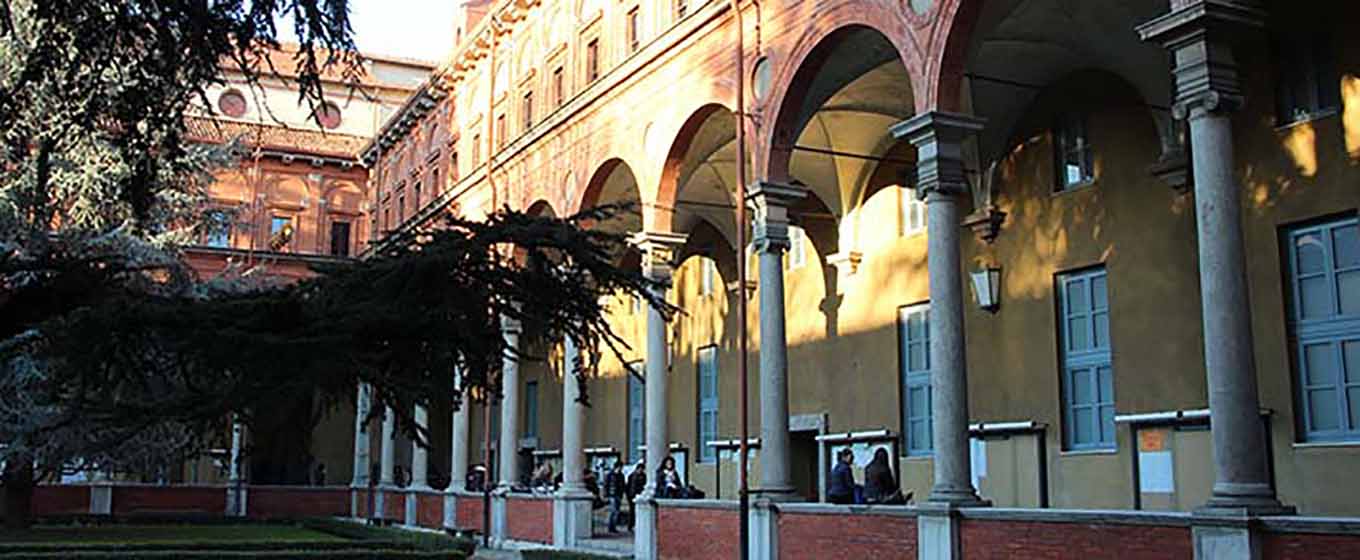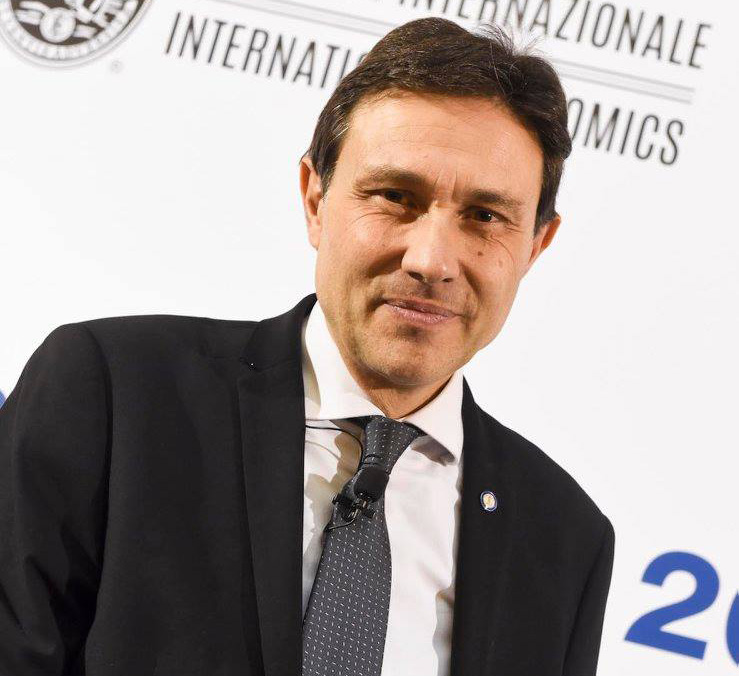How Cattolica is preparing to start the new academic year

The academic year 2020-21 will be exceptional and Università Cattolica is preparing to face the complications in the most positive way possible. What have you foreseen for the opening of this new cycle of studies?
The plan set out by the Università Cattolica for the coming academic year responds to the pandemic emergency and foresees courses that integrate traditional classroom teaching with students and lecturers present and digital lessons, which will allow students to attend the lessons from home, without experiencing delays and with full access to all the learning opportunities.
The University intends to meet at least two needs: the first is to confirm to students and their families the commitment and reliability of the institution by presenting integrated teaching and not merely a substitution for classroom teaching. The second concerns the application of the rules and regulations laid down by the Italian government and the regional authorities with regard to containing the epidemic and the consequent need to limit the number of students and lecturers present on the campus at any time.
The organisation of the teaching programme will be guided by four principles: 1) the importance of an overall pedagogical vision and a planned teaching strategy; 2) not merely replicating classroom teaching online; 3) understanding the students’ need for learning and personal growth; 4) taking into account the organisational sustainability of the various venues.
Briefly, the aim will be to develop synchronised interactive teaching and the exchange and discussion between students and teachers, also through distance learning.
In your opinion, what are the difficulties and the opportunities that you foresee thanks to these changes in the teaching procedures?
The changes underway are revolutionizing our teaching methods. Of course, when the pandemic is over, it will not be possible to return to traditional methods. For example, preparing and delivering real-time online classroom lessons will certainly require considerable effort from lecturers and a significant investment by the University in suitable equipment. Nevertheless, this will allow us to continue delivering lessons in a way that is similar to traditional teaching, while at the same time making full use of new technologies and offering new teaching opportunities in addition to standard classroom lessons. The use of streaming will also make it possible to improve our ability to make on-site lessons available online, allowing the University to acquire greater understanding and competence in the world of global communication, even when we return to classroom lectures. On the other hand, the transition to integrated teaching and learning is anything but marginal, because it is necessary to show the lecturers how to manage and integrate the various teaching methods. For this reason, the University has organised a number of formative and informative initiatives with the aim of:
- promoting greater awareness of the various technological and methodological solutions available for integrated teaching and the relative synchronous and asynchronous modes;
- offering examples of models (templates) that can be used by the lecturers during the lessons;
- supplying operative instructions regarding the equipment and the services made available by the University in support of integrated teaching and sharing information about any ‘external’ supports with which the University is equipped;
- sharing the most important experiences, good practices and any difficulties encountered.
How will the students’ presence in the University be organised?
It will inevitably be a complex academic year to manage, due to the difficulty in foreseeing what limits will be imposed by the pandemic in September. We hope that the situation will progressively improve, without a second wave or new centres of contagion, but we must also take into account a worse scenario in which Covid-19 has a considerable effect on our lives, with all the restrictions that this implies and which prevent a return to normality. In the light of this fundamental uncertainty, the Università Cattolica will organise the next academic year by taking into account two factors: the need to return to a daily timetable and the need to allow students who are not physically present in the classroom to take an active part in the lessons. In consideration of these two requirements, next year the University will adopt a combination of teaching methods, both classroom lessons and synchronous/asynchronous online lessons.
In order to allow the live transmission of the lessons, all the classrooms have been fitted with suitable video equipment and simultaneous transmission online (additionally, the lessons will be recorded and made available to students for downloading). Specifically, with regard to the presence of the students in the classroom, the current health and safety rules will be respected and it will therefore be necessary to limit the number of students and lecturers present at the same time on the campus. We have identified an app through which the students can gain access to the various campuses, the students will be divided into groups (the size of the groups will depend on the epidemiological situation) and they will attend classroom lessons in turn. It will also be possible to take the place of a student who is unable to attend and there will be a specific procedure for this situation.
Overall, we aim to provide a full teaching and learning experience, while respecting health and safety standards.


